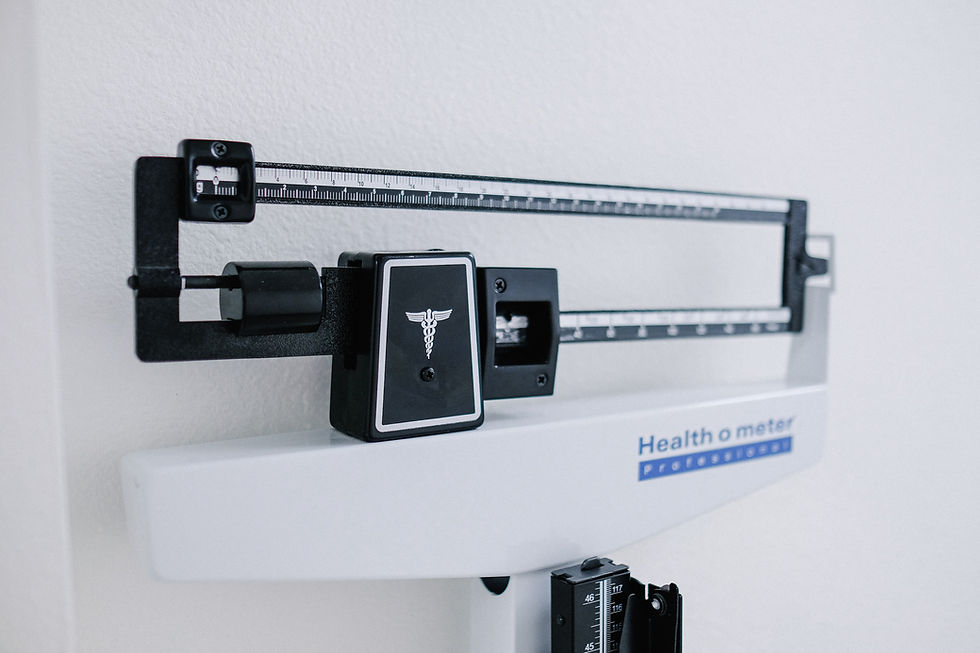Lack of exercise is a major cause of death from COVID-19, according to new research, with only advanced age and organ transplant leading to greater risk.

Lack of exercise creates greater levels of risk than smoking, obesity, diabetes, high blood pressure, cardiovascular disease and cancer
A large US study, published online in the British Journal of Sports Medicine today (14 April 2021), suggests being physically inactive could more than double the risk of dying from the coronavirus.
The study found that patients with COVID-19 who were consistently inactive during the two years preceding the pandemic were more likely to be admitted to hospital, require intensive care and more likely to die than patients who had consistently met physical activity guidelines.
As a risk factor for severe complications from COVID-19, physical inactivity was exceeded only by advanced age and a history of organ transplant.
Dr Robert Sallis, the author of the study, said: ”It is notable that being consistently inactive was a stronger risk factor for severe COVID-19 outcomes than any of the underlying medical conditions and risk factors identified by The Centers for Disease Control, except for age and a history of organ transplant.
“Physical inactivity was the strongest risk factor across all outcomes, compared with the commonly cited modifiable risk factors, including smoking, obesity, diabetes, high blood pressure, cardiovascular disease and cancer.
“Therefore, we recommend that public health authorities inform all populations that short of vaccination and following public health safety guidelines such as social distancing and mask use, engaging in regular physical activity may be the single most important action individuals can take to prevent severe COVID-19 and its complications, including death."
To explore its potential impact on the severity of the infection – from hospital admission rates and need for intensive care to death – researchers at the Kaiser Permanente Medical Center in California, US, compared these outcomes in 48,440 adults with confirmed COVID-19 infection between January and October 2020.
The patients’ average age was 47 and nearly two-thirds were women (62 per cent). Around half had no underlying conditions, which included diabetes, COPD, cardiovascular disease, kidney disease, and cancer; nearly 1 in 5 (18 per cent) had only one, and almost a third (32 per cent) had two or more.
All of them had reported their level of regular physical activity at least three times between March 2018 and March 2020 at outpatient clinics.
This was classified as consistently inactive (0–10 mins/week); some activity (11–149 mins/week); or consistently meeting physical activity guidelines (150+ mins/week).
Some 7 per cent were consistently meeting physical activity guidelines, while 15 per cent were consistently inactive, with the remainder reporting "some" activity.
Some 9 per cent of the total were admitted to hospital; around 3 per cent required intensive care, and 2 per cent died.
The study found that consistently meeting physical activity guidelines was strongly associated with a reduced risk of these outcomes.
After taking account of potentially influential factors – such as age and underlying conditions – patients with COVID-19 who were consistently physically inactive were more than twice as likely to be admitted to hospital as patients who clocked up 150+ minutes of physical activity every week.
Those who were inactive were also 73 per cent more likely to require intensive care, and 2.5 times more likely to die of the infection.
Consistently inactive patients were also 20 per cent more likely to be admitted to hospital, 10 per cent more likely to require intensive care, and 32 per cent more likely to die of their infection than were patients who were doing some physical activity regularly.
Liz Terry, the editor of HCM, said: "These findings reinforce previous research which established the positive effects of activity on COVID-19 outcomes, but which were largely ignored by governments. This large-sample study must surely now make a crystal clear case for the importance of exercise and lead to a new focus on physical activity by political decision-makers at the highest level.
"We also need a greater appreciation by governments for the valuable role gyms and health clubs play in making exercise accessible and affordable for the masses."
Commenting on the findings, Huw Edwards, CEO of ukactive, said the findings provided a "wake-up call".
"We know physical inactivity is one the greatest causes of death and disease globally and the UK’s activity levels are not where they should be, weakening us against COVID-19," Edwards said.
"There is an opportunity for the Government to prioritise physical activity through both greater investment and taxation and regulatory reform, and begin to improve our national wellbeing following this crisis.”
To access the full study, click here for the British Journal of Sports Medicine.
Comments